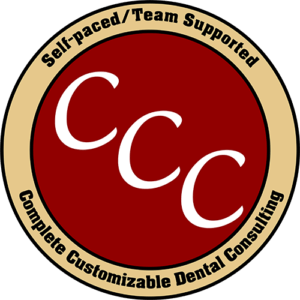Don’t Let Summertime Leave You Short Staffed
Don’t Let Summertime Leave You Short Staffed
Summer is almost here! Yay? What do you do when half of your team wants to take back to back vacations leaving you short-handed and stressed out for the entire summer? I have three suggestions for you.
- Use time off request forms if you don’t already. By using these forms, each employee is required to fill one out and turn it in to management for approval. Though we always want to allow our team members to have some well-deserved time off when they want, it’s not always feasible. For example, what do you do if two or more employees ask for the same dates off? Well, requests are approved by the submission date, but if multiple requests get submitted on the same day, you should have a note or disclaimer on your form stating, “Please be advised that multiple submissions of requests for the same dates will be approved based on seniority.” This way your office policy is fairly stated and they don’t think that your decision is based on favoritism. The form should also ask the employee if they have a replacement. Often hygienists and assistants have friends or colleagues in the industry that might be able to cover for them while they are gone. Finally, once a request for time off is approved, the schedule and all the calendars should be clearly marked so that everyone knows when someone will be out of the office. This way you and the team can best prepare. Which leads me to…
- Cross-train your team. Especially your front office if you have more than one person at the front desk. The many years that I worked as a practice manager, I often dreaded taking time off because I knew I would come back to a pile of paperwork on my desk. Train someone else to reconcile the Dayend reports, post insurance payments and get the deposits ready so your cash flow isn’t affected. Also, each position should have a list of their tasks and responsibilities. Prior to the team member going on vacation, the list should be reviewed and the tasks should be divided and assigned amongst the remaining employees. By working as a team and helping each other out, all of the practice’s daily operations can run like normal and that’s the goal.
- There will be times when you will have to look outside of using your existing team to help cover. Using a temp agency is a great option. If you haven’t built a relationship with your local or online agencies, reach out to colleagues to see who they use and who they’ve had success with.
So those are my three suggestions to get you through the summer with little to no stress.
